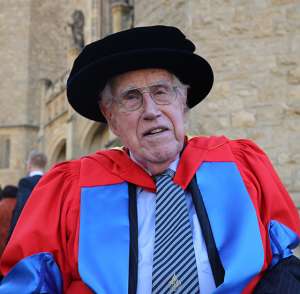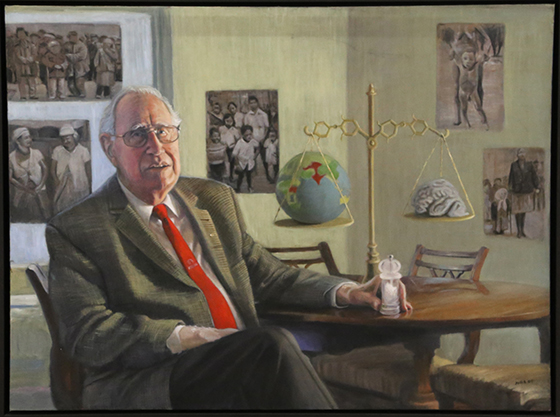The Queen Elizabeth Hospital (TQEH) was opened in 1954 and quickly established a reputation as a leader in medical research. In 1965, Australia’s first successful kidney transplant operation was performed at TQEH.
On Friday 5th October 2001, His Excellency Sir Eric Neal, Governor of South Australia, attended a function to formally name the research activities at The Queen Elizabeth Hospital as the ‘Basil Hetzel Institute for Medical Research (BHI)’, in honour of one of Australia’s ‘masters of medicine’, Dr Basil S Hetzel, AC.
A $19 million purpose-built research facility was opened in March 2009 and is located on Woodville Road opposite the main campus of The Queen Elizabeth Hospital. In 2010, the BHI was renamed the ‘Basil Hetzel Institute for Translational Health Research’.
The Basil Hetzel Institute (BHI) comprises the research efforts of staff and students employed or affiliated with the University of Adelaide, the University of South Australia or The Queen Elizabeth Hospital (SA Health, CALHN). Excellent laboratory facilities in close proximity to clinical areas provide opportunities for research students, including Honours and Postgraduate (medical, science and health science) students.
Dr Basil S Hetzel AC
Dr Hetzel was the first Michell Professor of Medicine at The Queen Elizabeth Hospital and his research linking iodine deficiency with intellectual disability and deformities in infants has had a profound impact on global public health.
His research found that many common illnesses for people in developing countries, such as goitre and cretinism, could be prevented by introducing iodine into the diets of pregnant women. This led to an international campaign to incorporate iodised salt into the diets of communities where iodine was lacking. More information can be found at the Iodine Global Network.
The initial work for this project was carried out by Dr Hetzel’s team at The Queen Elizabeth Hospital from 1964-68. Its significance for humanity on a global scale remains an inspiration for today’s researchers.
In March 2004, the National Trust named Dr Hetzel as one of Australia’s National Living Treasures and in 2015 Basil was awarded an Honorary Doctorate from the University of Adelaide (“Lumen” Summer 2016 issue: Honorary Doctorate goes to iodine crusader). Over the decades, Dr Hetzel maintained a close interest in research conducted at the Basil Hetzel Institute and remained one of its great supporters until his death on Saturday 4 February 2017, aged 94 years.


